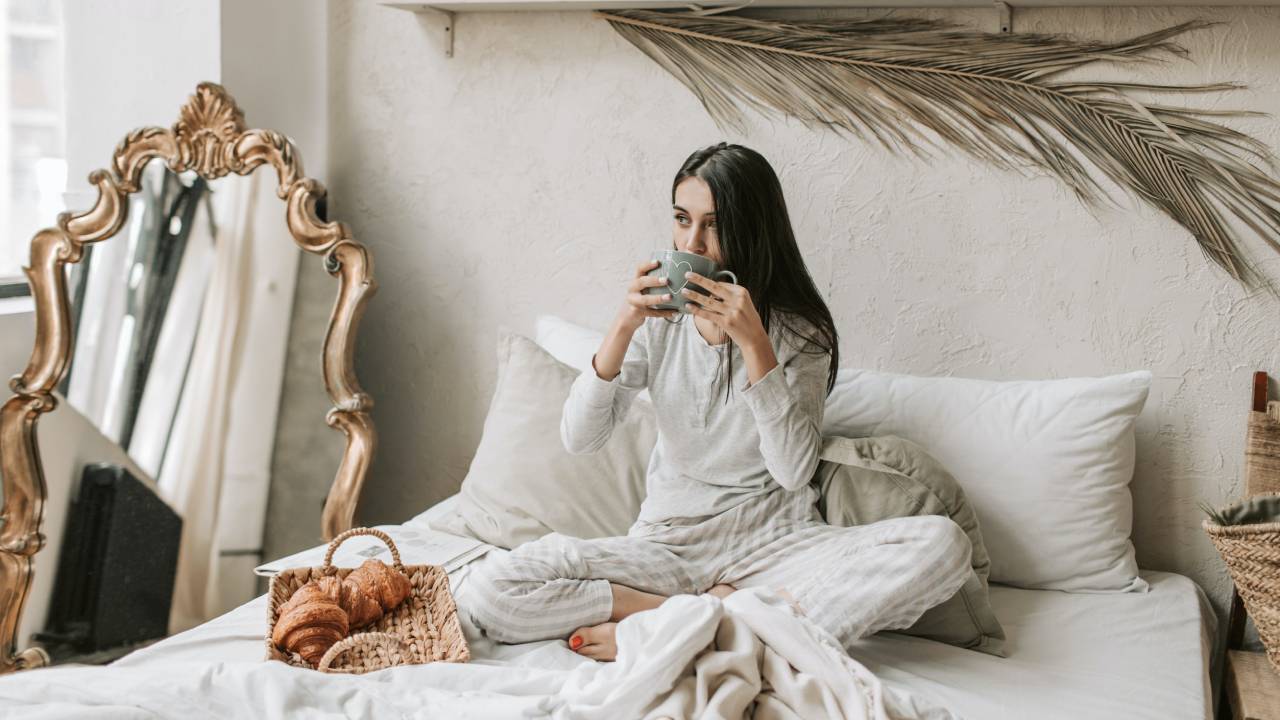

Whether you just find it hard to switch off or you’re an insomniac, falling asleep can be a nightmare. A lack of sleep or a disrupted rest can massively impact concentration, productivity and can have bigger mental and physical health problems in the long term, so getting a good night’s sleep is vital to your wellbeing.
There are so many sleep tips and tricks out there these days, like TikTok sleep hacks, listening to brown noise and tuning in to sleep podcasts, so if you struggle with sleeping, we’re sure you’ve tried everything at this point! But, what you eat for dinner or before bed can have an effect on how long it takes you to fall asleep and the kind of sleep you get overall.
To help you get a good night’s sleep, we’ve found 8 foods you should eat and 4 foods you should avoid before bed. We’ve had a look at this previously in our 10 foods recommended by a sleep expert and 3 foods that could be to blame for lack of sleep guides, so if you want even more foodie recommendations, check these out, too.
- Drift off to sleep with the best mattress
- Complete your sleep set-up with the best duvet and best pillows
Foods that help you sleep
1. Fatty fish
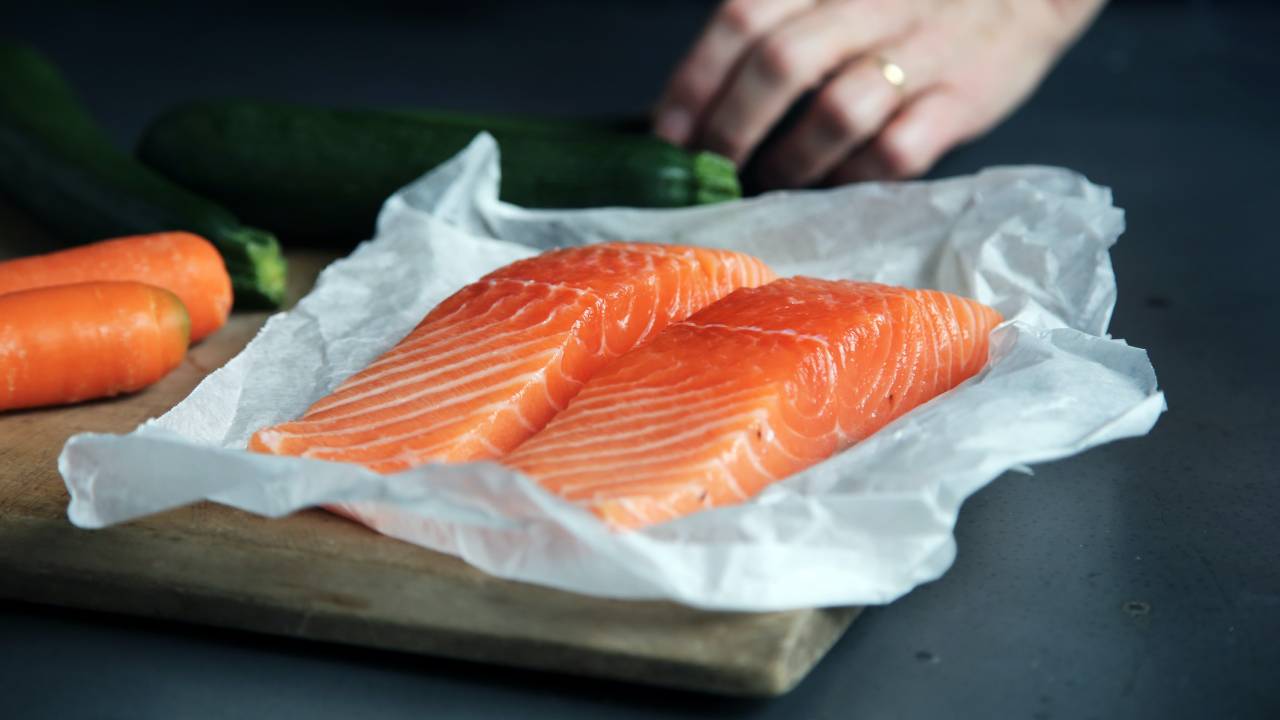
Fatty fish like salmon, tuna, mackerel and trout are not only healthy for you, but can help you fall asleep faster and sleep more deeply, according to Healthline. Fatty fish are full of vitamin D and omega 3 acids, and when in combination with each other, they increase the body’s production of serotonin. Serotonin plays a key role in body functions, like mood, digestion and sleep, so having more of this before bed can improve sleep quality. Omega 3 also improves brain health, so it can affect how you function during the day.
2. Nuts
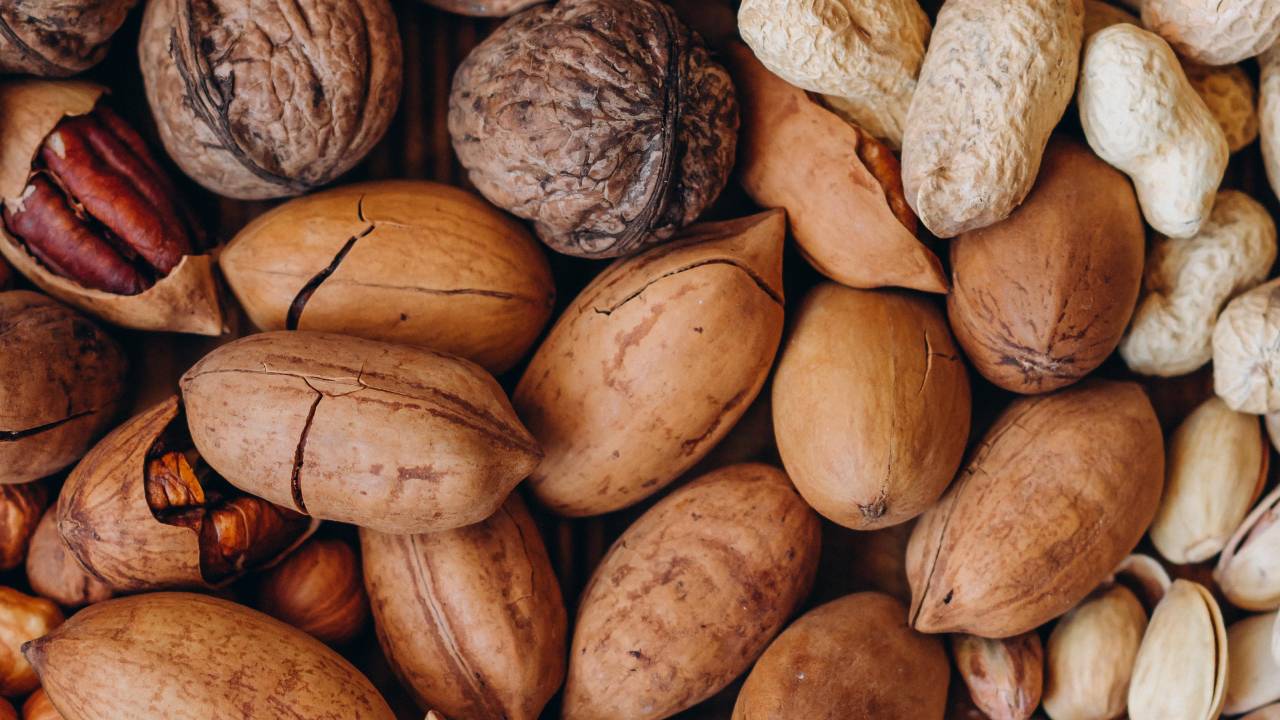
Tree nuts like almonds, walnuts, cashews, pistachios and brazil nuts all have amazing health benefits. Nuts contain melatonin, magnesium and zinc which are said to improve sleep quality and help with insomnia. Melatonin regulates your internal body clock which prepares you for sleep. Brazil nuts are also high in selenium, a mineral that helps maintain healthy brain functions and protect your body against disease and infection.
3. Cherries
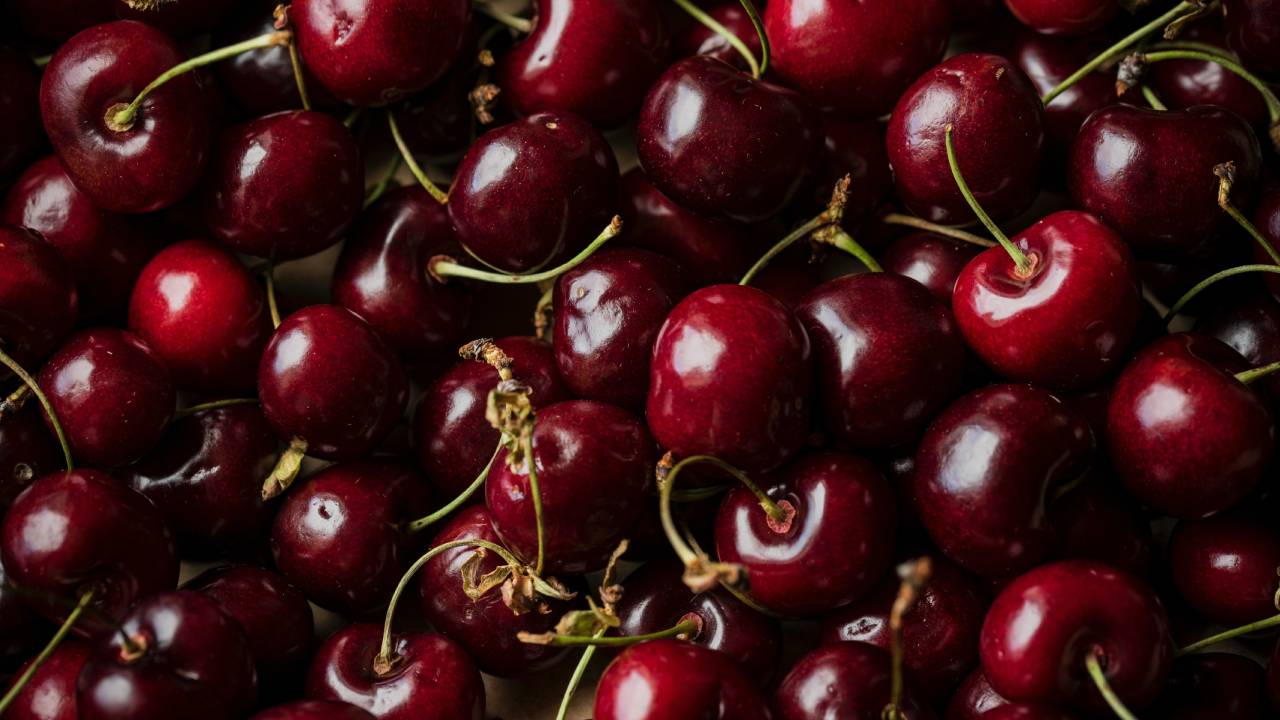
Eating a bowl of cherries or drinking cherry juice before bed is incredibly beneficial for sleep. It’s worth noting the cherries we’re talking about are tart or sour rather than sweet. The main differences (other than taste and colour) are the amount of sugar they contain which can affect how long it takes you to fall asleep. Tart cherries have been found to have many sleep benefits. They not only improve duration and quality, but they’re known to make people feel sleepier. Like tree nuts, cherries have melatonin in them which regulates your circadian rhythm, which encourages sleep.
4. Turkey
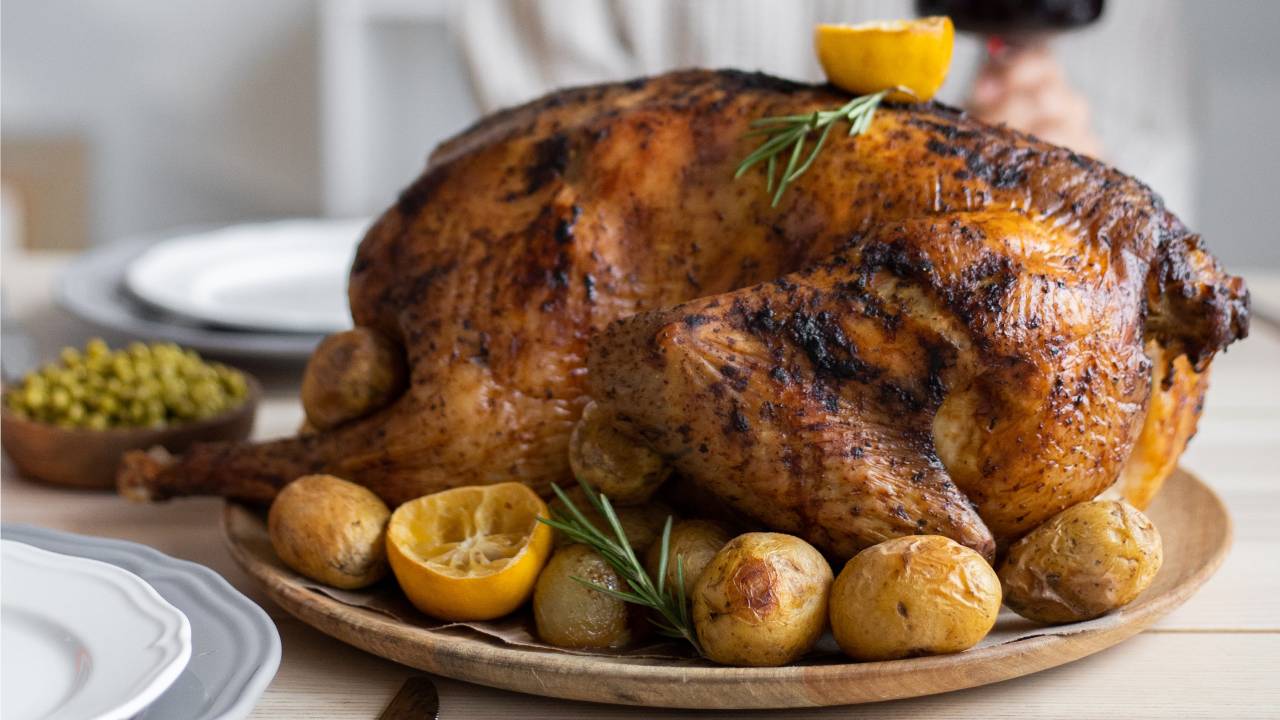
Turkey is a great source of protein which is important to have in your diet. The protein in turkey is said to promote tiredness and consuming protein before bed can improve your sleep quality and help you wake up less throughout the night. Turkey also contains tryptophan which is an amino acid that increases the production of melatonin.
Sign up to the T3 newsletter for smarter living straight to your inbox
Get all the latest news, reviews, deals and buying guides on gorgeous tech, home and active products from the T3 experts
5. White rice
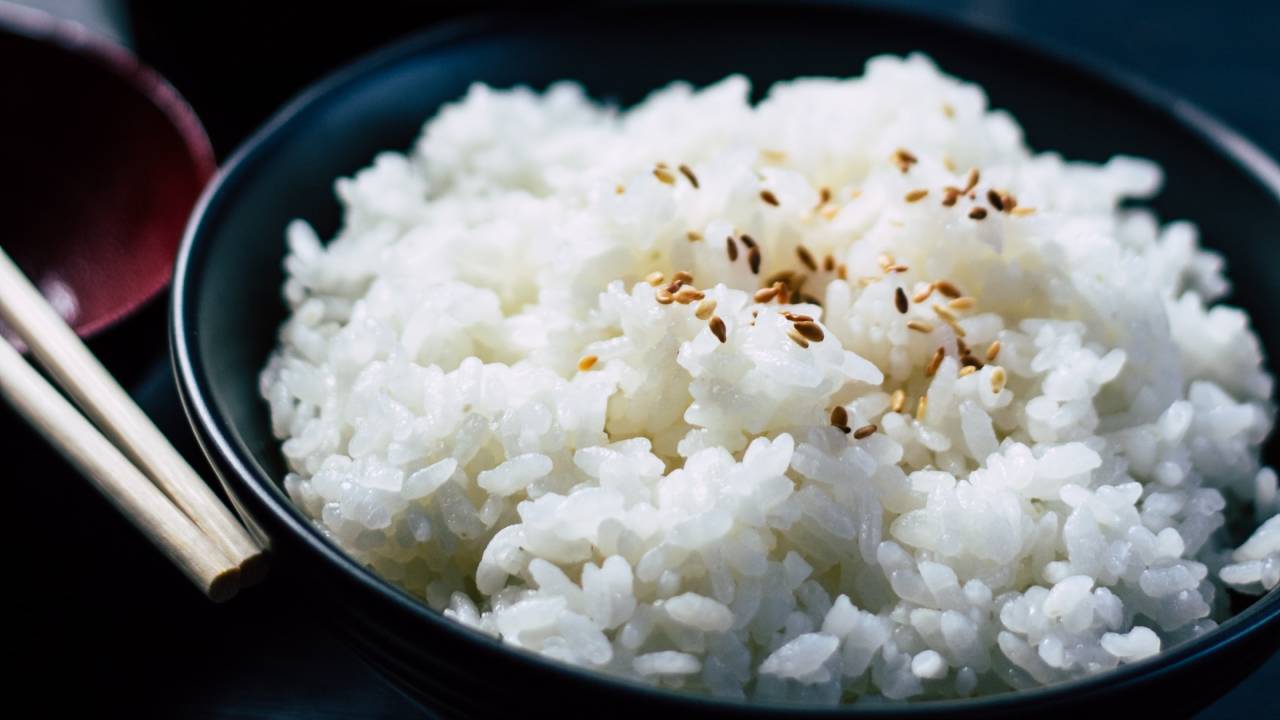
Rice is a carbohydrate, and while there has been mixed results on whether carbs should be eaten before bed, white rice has been said to help aid better sleep. White rice is lower in fibre and nutrients than brown rice, but has a high glycemic index, which measures how quickly your blood sugar increases when you eat food. Foods with a high GI are said to improve sleep quality and how long you sleep for. According to research from Sleep Foundation, rice should be eaten 1-4 hours before bed to experience these effects.
6. Herbal tea
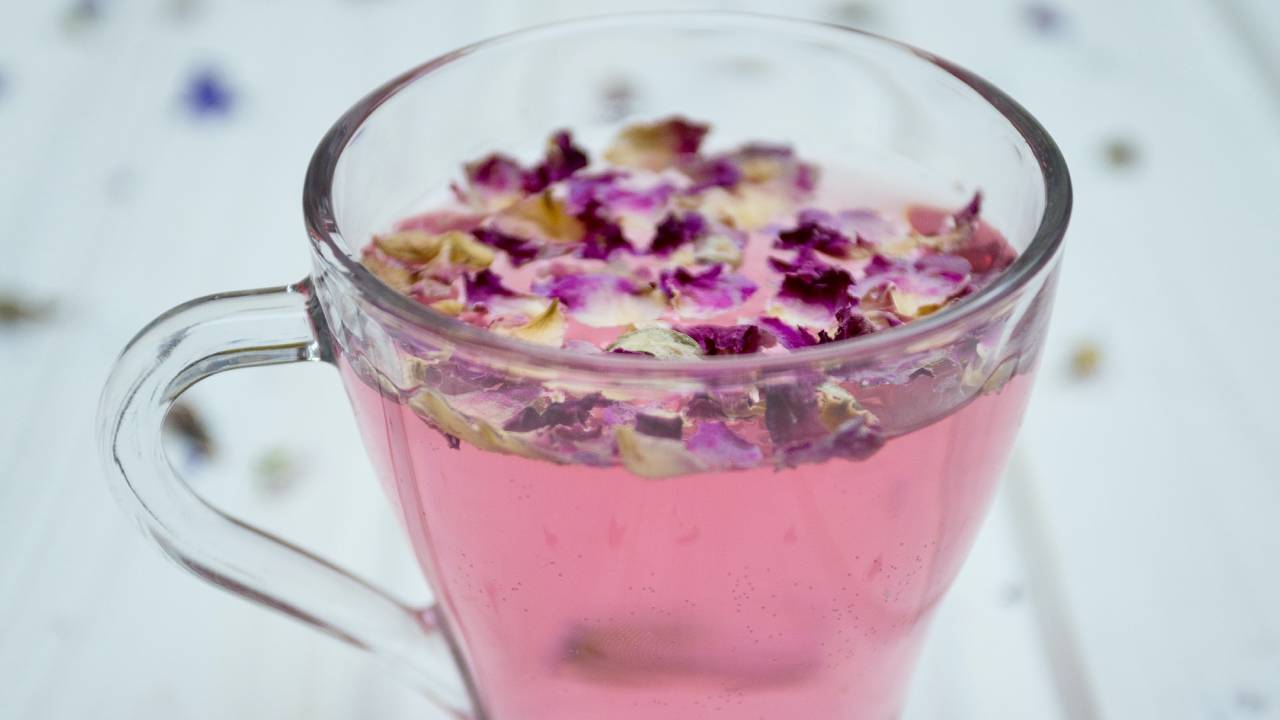
Herbal tea before bed has been popular for years. Chamomile tea contains flavonoids which are said to have sleep-inducing properties. Both chamomile and ginger teas are recommended before bed as they’re anti-inflammatory and full of antioxidants, which can soothe the body and help it drift off to sleep quicker. If you’re not a tea fan, water before bed is hydrating and drops your body temperature which makes you feel sleepier.
7. Figs
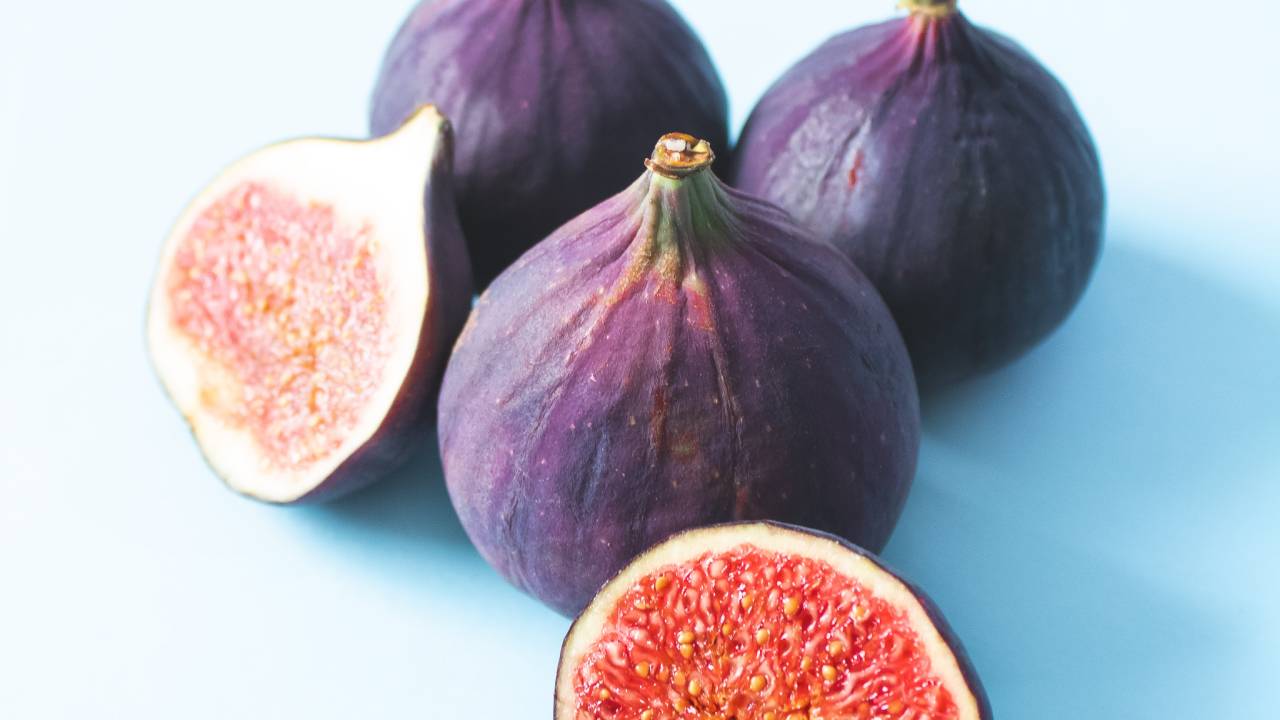
Figs contain magnesium, calcium, potassium and iron which aid blood flow and muscle contraction, which can help you fall asleep, according to Good Housekeeping. While you shouldn’t have anything too sugary before bed, figs have natural sugars which cater to your sweet touch and help with blood flow.
8. Cottage cheese
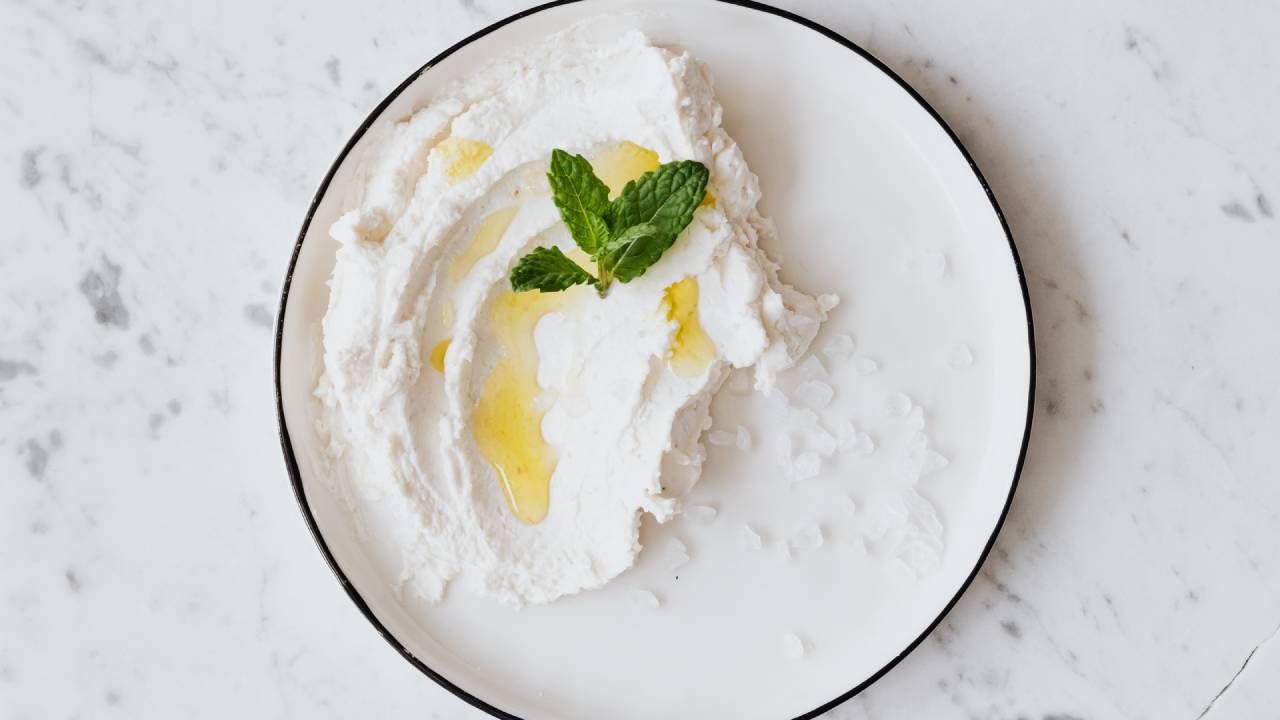
There are many studies surrounding whether dairy is good or bad for sleep, but mild cheeses like cottage or string cheese are said to be beneficial. They’re sources of protein, calcium and tryptophan which as we’ve discussed, produces melatonin which controls your sleep cycle. Cottage cheese is great for acid reflux and heartburn so if you suffer from this, it can ward this away before you sleep. Stronger or aged cheeses should typically be avoided which leads us nicely to the foods you should avoid before bed.
Foods that affect your sleep
1. Caffeine
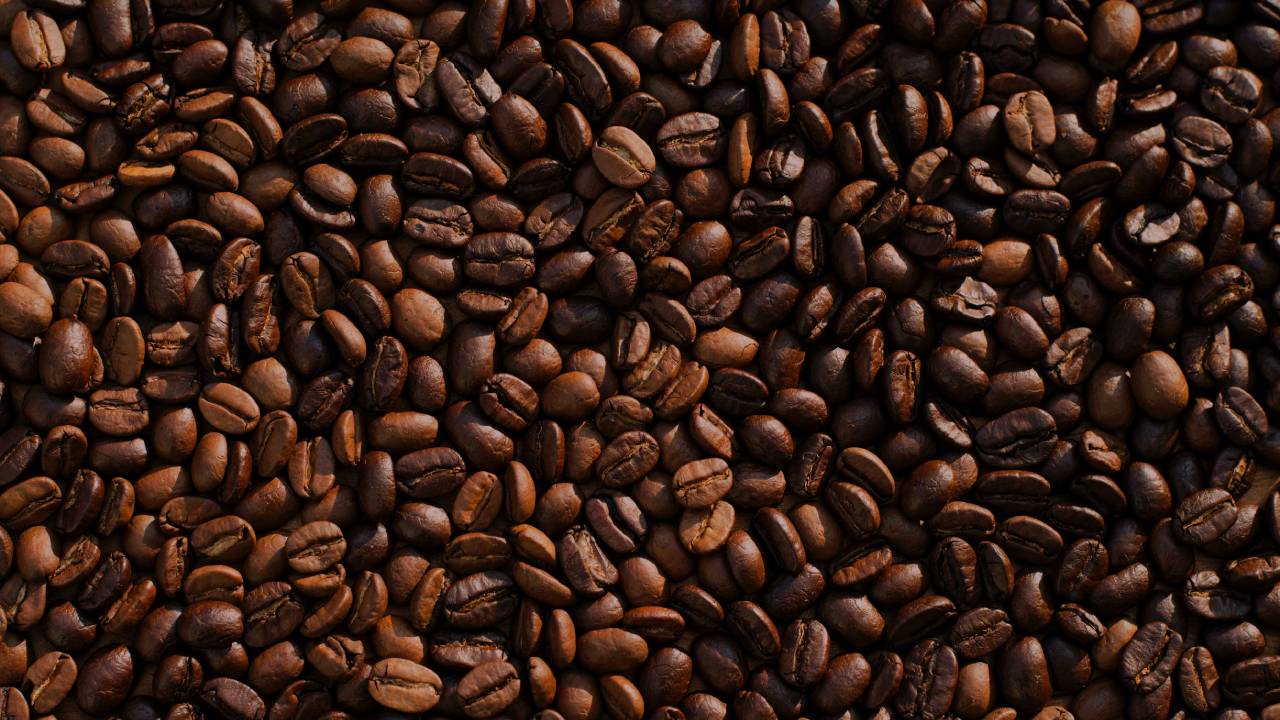
We know caffeine isn’t technically a food, but caffeinated foods and drinks can keep you up at night. Coffee, tea, fizzy drinks, alcohol and chocolate should be avoided, as they increase your energy levels which make you feel more awake. If you’re trying to wean off coffee, check out 5 steps to curbing your caffeine addiction.
2. Tomatoes
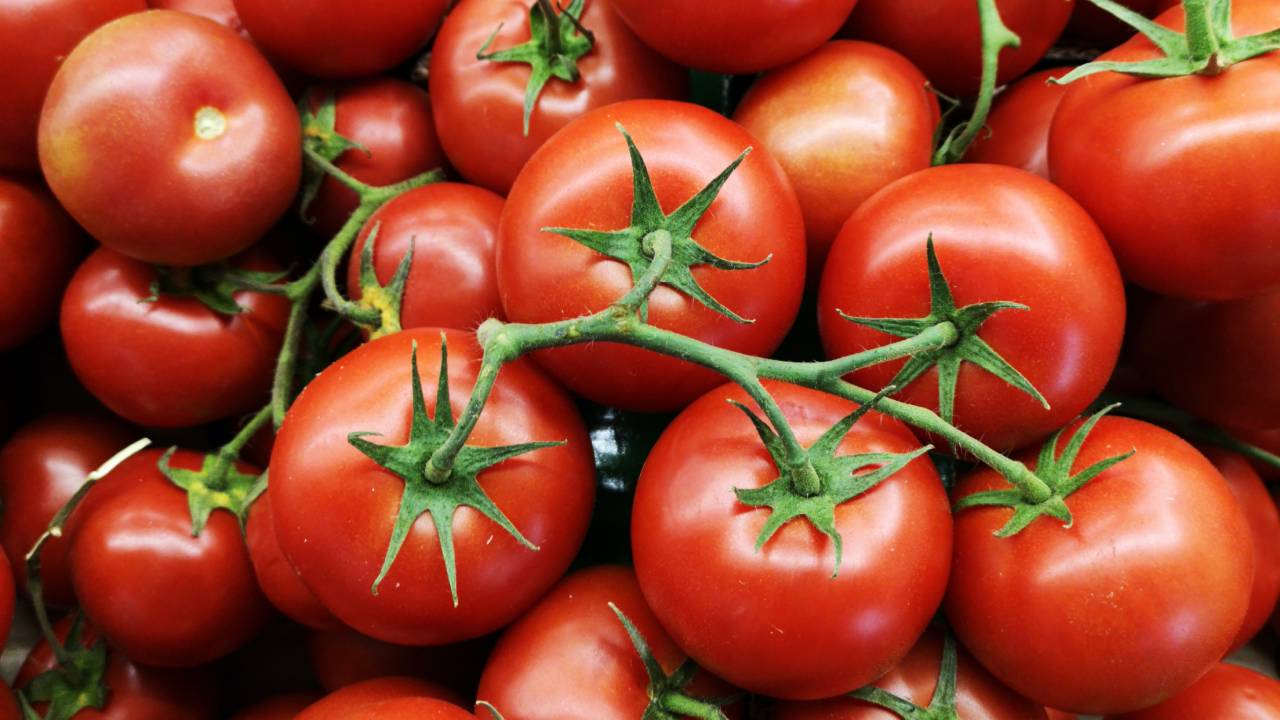
While tomatoes are pretty good for you as they contain potassium, vitamin B and E, they’re also very acidic. If you suffer from heartburn, the acid from tomatoes can affect this, especially when you lie down as it travels up your oesophagus. If you’re having a tomato-based dinner, try to eat it a few hours before you go to sleep or have a few spoonfuls of cottage cheese to get rid of the acid reflux.
3. Ice cream
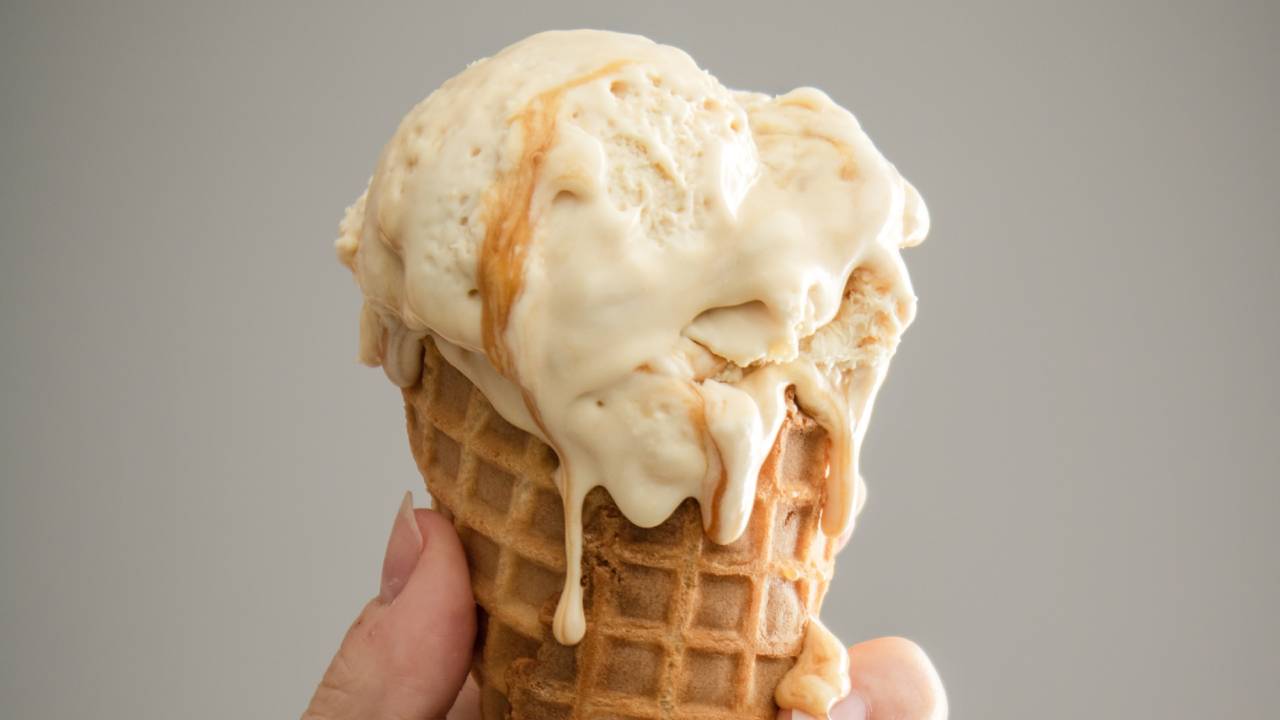
Bad news for late night ice cream eaters, but ice cream isn’t great for sleep. Ice cream has high levels of sugar which spikes your blood sugar and leads to a crash later on when you’re asleep. This crash increases your cortisol levels which wakes you up more frequently throughout the night.
4. Curry
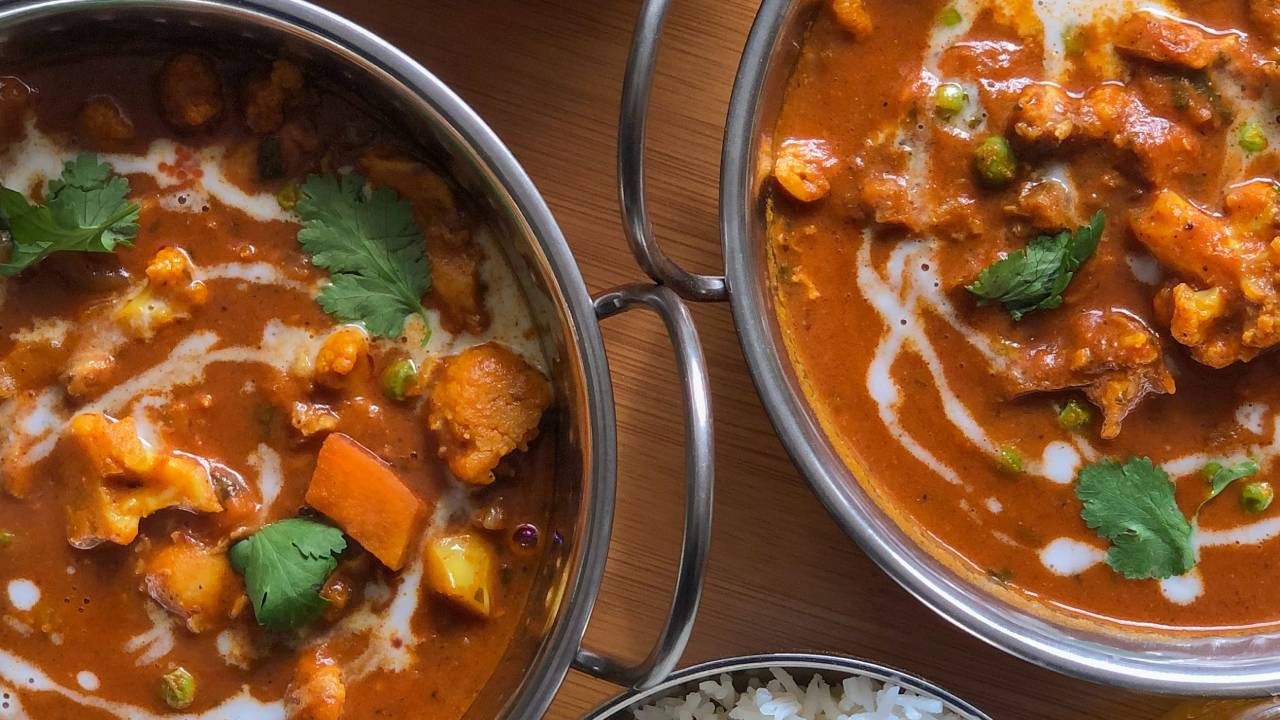
Curry and spicy foods are a big no-no before bed. Curries can be quite high in capsaicin, a chemical that interferes with the body’s thermoregulation. If you’re too hot or cold at night, this can disrupt your sleep, and you’re also using lots of energy to digest the spice which can keep you up too. Spice also causes indigestion and acid reflux, similar to tomatoes, so best to avoid it if you can.

Beth is Home Editor for T3, looking after style, living and wellness. From the comfiest mattresses to strange things you can cook in an air fryer, Beth covers sleep, yoga, smart home, coffee machines, watches, grooming tools, fragrances, gardening and much more. If it's something that goes in your house, chances are Beth knows about it and has the latest reviews and recommendations! She's also in the know about the latest deals and discount codes from top brands and retailers.
Having always been passionate about writing, she’s written for websites, newspapers and magazines on a variety of topics, from jewellery and culture, to food and telecoms. You can find her work across numerous sites, including Wedding Ideas Magazine, Health & Wellbeing, The Bristol Post, Fashion & Style Directory, TechRadar, CreativeBloq and more. In her spare time, Beth enjoys running, reading, baking and attempting craft projects that will probably end in disaster!
-
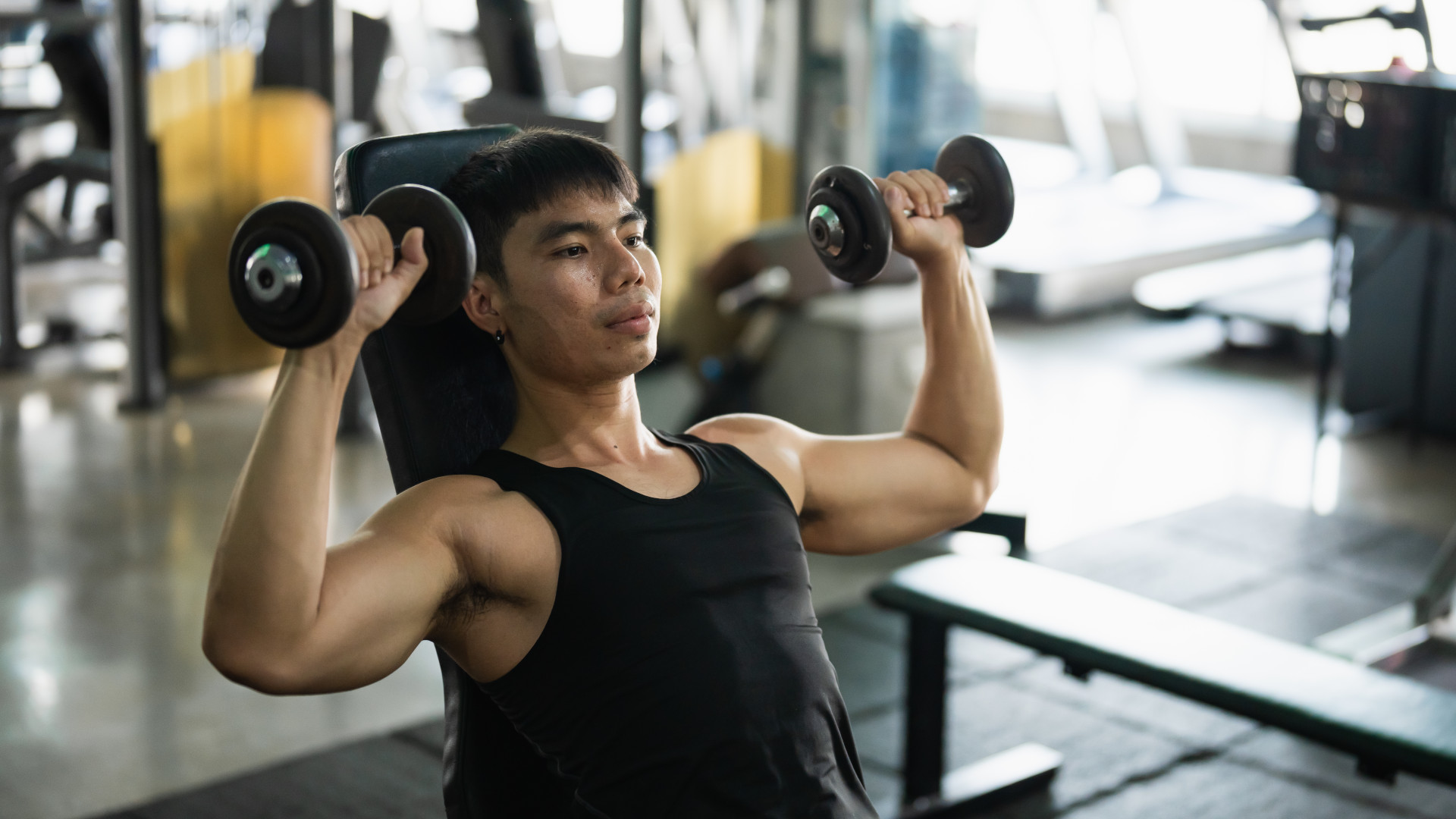 3 overrated shoulder exercises, according to a fitness expert (and what to do instead)
3 overrated shoulder exercises, according to a fitness expert (and what to do instead)Sculpt 3D shoulders whilst minimising injury with these three alternative exercises
By Bryony Firth-Bernard Published
-
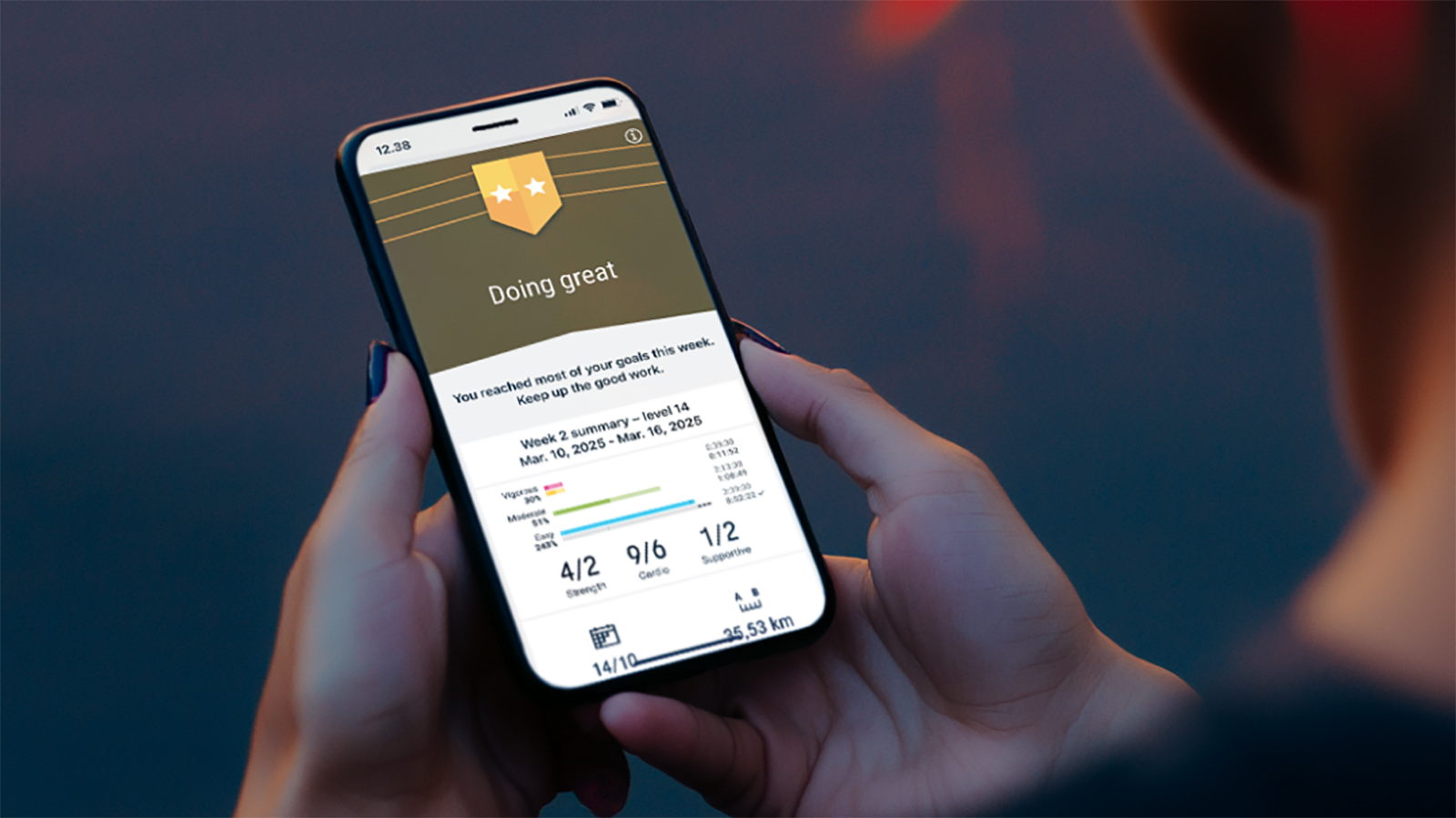 Polar’s new subscription feature lands in the shadow of Garmin’s Connect+ rollout
Polar’s new subscription feature lands in the shadow of Garmin’s Connect+ rolloutPR genius or timing disaster? Polar’s new Fitness Programme adds adaptive training to its ecosystem
By Matt Kollat Published
-
 I spent 6 weeks with the FoodMarble Aire 2: here’s what I learned about my gut health
I spent 6 weeks with the FoodMarble Aire 2: here’s what I learned about my gut healthI’ve been testing the clever breath-testing gadget with the companion app over several weeks to find out if it delivers on its promises
By Lee Bell Published
-
 Oil pulling is going viral on TikTok for stopping morning breath – but does it actually work?
Oil pulling is going viral on TikTok for stopping morning breath – but does it actually work?4 hacks that prevent morning breath, according to a sleep expert
By Bethan Girdler-Maslen Published
-
 These limited edition McLaren x Loop earplugs are what you need for Formula 1 season
These limited edition McLaren x Loop earplugs are what you need for Formula 1 seasonMcLaren teams up with Loop on limited edition noise-reducing earplugs
By Bethan Girdler-Maslen Published
-
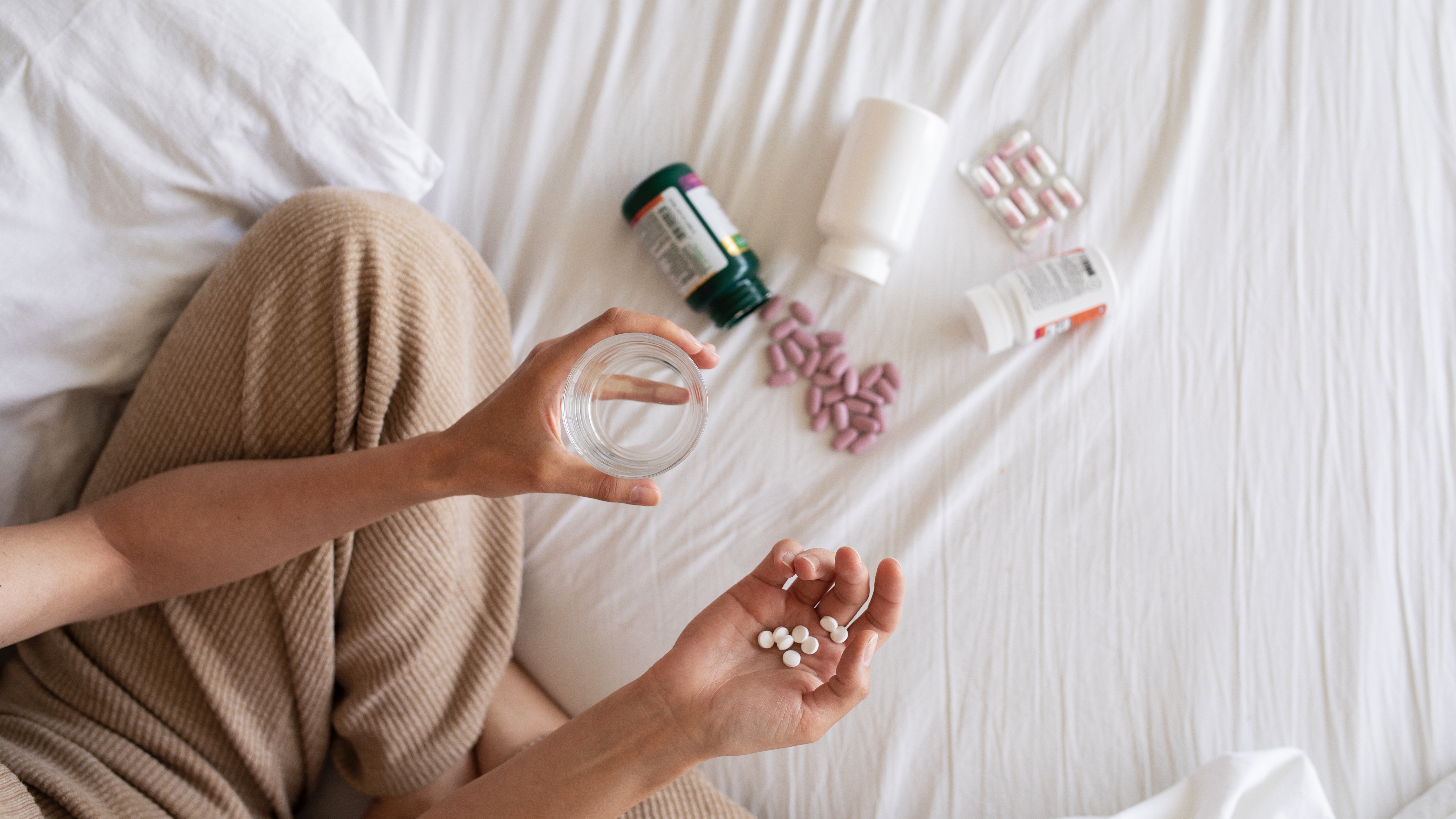 5 sleep supplements that help me achieve 8+ hours of rest every night
5 sleep supplements that help me achieve 8+ hours of rest every nightIt took me years to perfect my sleep routine – here are the supplements that helped
By Lizzie Wilmot Published
-
 3 reasons why you wake up at 3am every night – and how to avoid it
3 reasons why you wake up at 3am every night – and how to avoid itAlways waking up in the middle of the night? This could be why…
By Bethan Girdler-Maslen Published
-
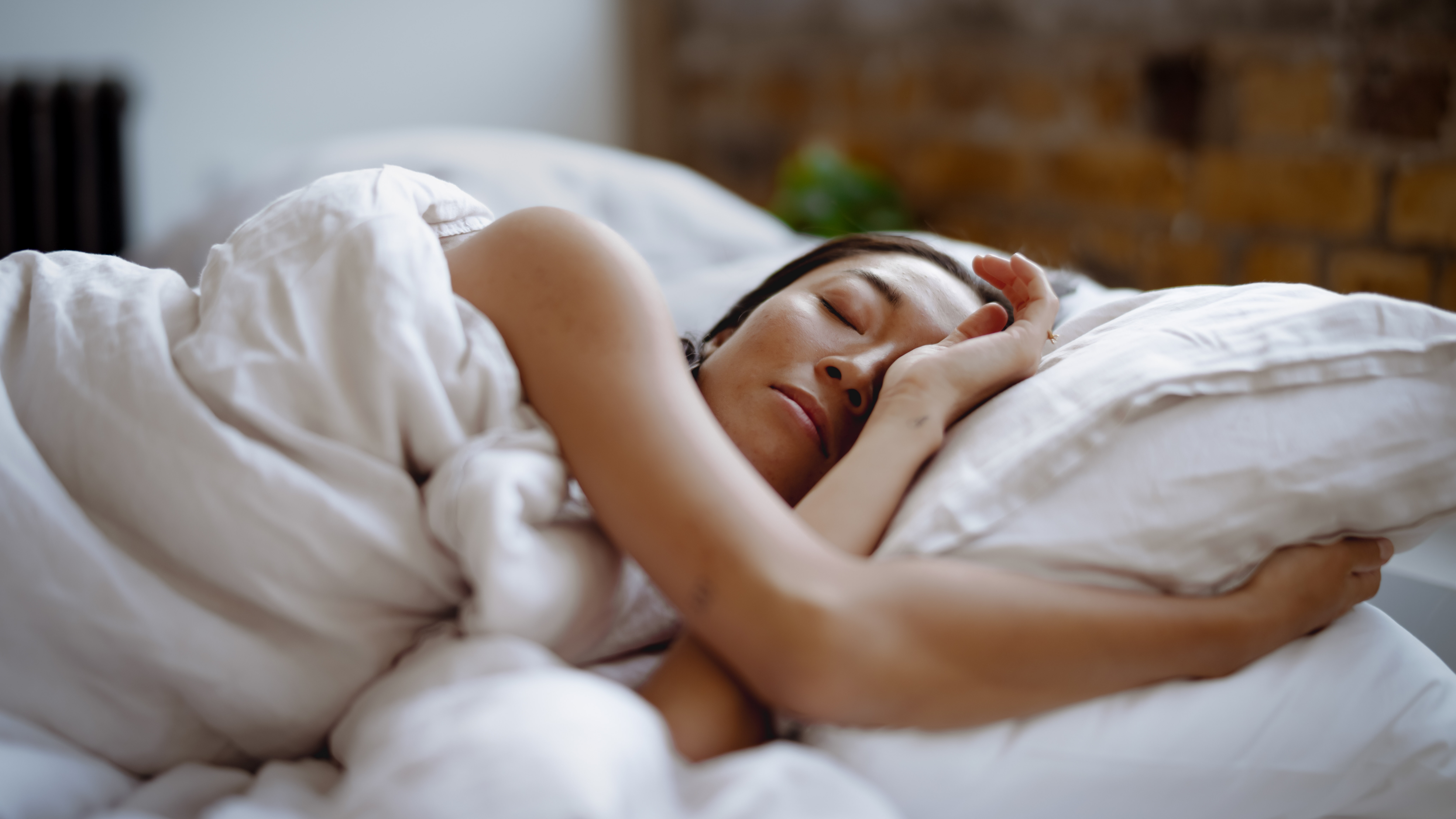 This tiny device will automatically disable your distracting apps before you sleep
This tiny device will automatically disable your distracting apps before you sleepSay hello to Kip...
By Lizzie Wilmot Last updated
-
 Therabody experts give 7 tips for perfecting your sleep routine for World Sleep Day
Therabody experts give 7 tips for perfecting your sleep routine for World Sleep DayFrom breathing exercises to sleep masks, here’s how to prioritise sleep, according to experts
By Bethan Girdler-Maslen Published
-
 Loop Dream review: super soft earplugs to help you snooze soundly, even if you’re a side sleeper
Loop Dream review: super soft earplugs to help you snooze soundly, even if you’re a side sleeperSquishy silicone and uniquely shaped ear tips take Loop’s nighttime earplugs to dreamy heights
By Joanna Ebsworth Published